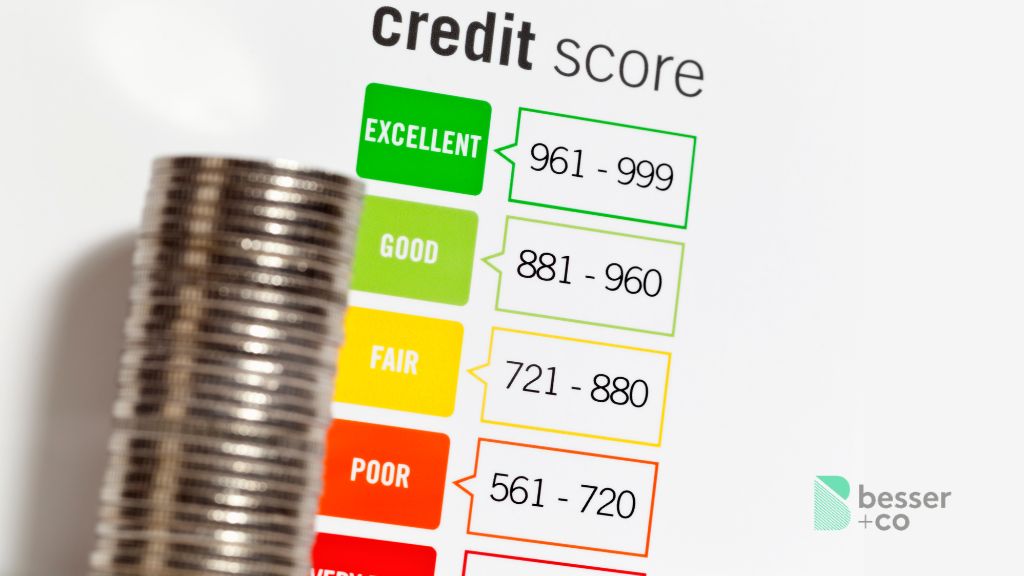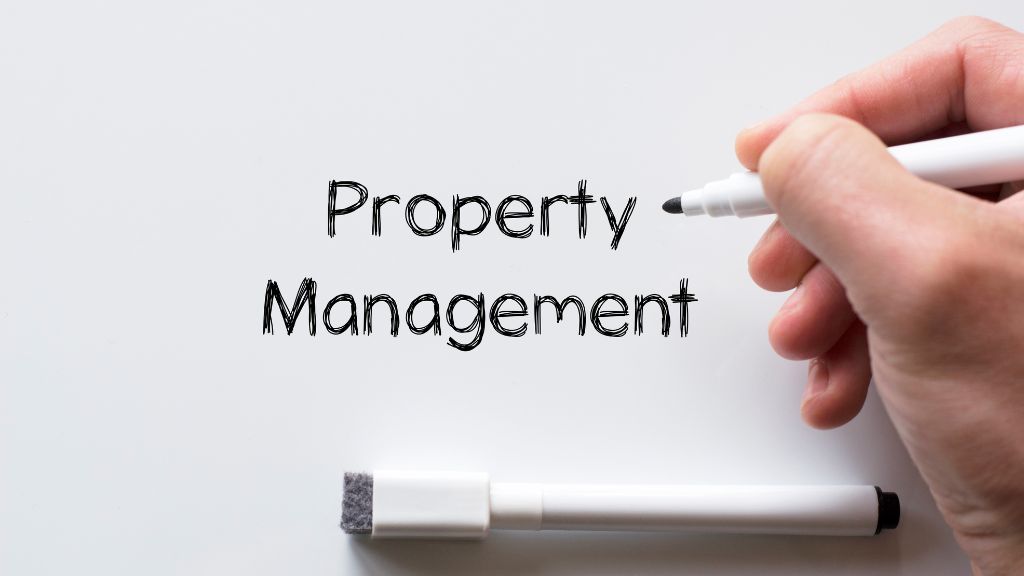
How your credit score affects your real estate journey
Credit score Real estate
Wondering if you have a credit score? If you’ve got anything from a phone bill to a mortgage in your name, you’ve already got one. Used to determine your ability to be approved for a mortgage or any other forms of lending, your credit score will determine your lending ability which affects your buying capacity, and by extension, your purchasing power. Thankfully, we’ve compiled all the key information you need to know about credit scores to help you understand its implications.
What’s a credit score?
Also known as a ‘credit rating,’ a ‘credit score’ is a numerical figure that determines your reliability when it comes to borrowing. You are assessed on your ability to pay your bills on time, the number of applications you’ve made for credit, the amount you have already borrowed; and how much you’ve already paid back.
It will also considers any past bankruptcies, the names of joint applicants; and suspicious opening or closing of accounts. It’s the key factor lenders use to determine how much they are willing to lend you and at what interest rate.
A great credit score means you are a perfect candidate for lending, while a lower credit score comes with additional questions and the potential for reduced lending capacity. Your credit score is a number generally between -200 and 1,000 – with some credit bureaus extending to 1200.
How is it calculated?
There are three main credit bureaus in Australia – Illion, Experian and Equifax. Each varied in the way that they calculate credit scores, they will the use key factors above to determine your eligibility for credit approval. For example:
- Illion uses the 0 – 1,000 scale in terms of credit scores, a deciding figure based on how reliable you are at paying bills. They also favour older applicants, who are seen as more predictable with their spending. Meanwhilte, those shopping around for credit receive a lower score.
- Experian uses what it calls ‘a statistical algorithm that uses past events to predict future behaviour’ in its determinations, scaling your credit score from 1 – 1,000. They also factor in the types of products you are applying for, your credit limits and negative events.
- Equifax operates on a different 1 – 1,200 scale. They describe their determinations based on 10 factors including any directorship or proprietorship information, court writs, and commercial address information if you own a business.
A -200 as your credit score, indicates that you’ve applied for over 40 credit enquiries in your name in the last 3 months.
What’s in the report?
You may feel a little exposed when you read your credit report, as this is the information that will be stated:
- Personal information like your name, date of birth, gender, employer and address.
- Credit rating which details the band or level in which your score places within.
- Credit products you’ve held within the last two years, including credit cards.
- Repayment history including the amount and if you paid on time.
- Financial hardship information like disasters, illnesses or job losses.
- Defaults that stay on your credit report for at least five years.
- Total number of credit applications you’ve made including the amount of credit and loans guaranteed.
- Bankruptcy and debt agreements, court judgments or personal insolvencies.
- The number of credit report requests made by credit providers.
Key factors that lower your credit score
A low credit score can be fixed with 6-12 months through a concerted effort in managing your payments, limiting requests for loans, and building up your credit reputation. However, it is worth noting that credit providers do look at 2 years’ worth of credit history. Here is what will be considered a red flag:
- Multiple applications for credit. Each time you apply for credit an enquiry is added to your report. If you’re seen to be shopping around for credit cards, there’s an assumption that you’re in credit stress. Do your research first to see what the best credit card is for you, rather than doing multiple applications.
- Missed loan repayments. This is a key one, if you miss a loan payment by more than 14 days, that will be recorded and stay on your credit report for the next two years. Missing a repayment by one or two days, won’t go onto your credit report, but it will significantly drop your credit score.
- Late payments on your electricity, water, phone, etc bills. This information is considered, under the Privacy Act, information only accessible to the billing company. Lenders can receive general information about any defaults against your name. Consider setting up automatic payments to make sure you pay on time, every time.
- Buy now, pay later schemes. Options like ‘Afterpay,’ ‘ZipPay’ may seem convenient for cash-flow, but they have the potential to lower your credit score. Now regulated under the National Credit Act, they should be treated like a credit card and paid off in full by the due date, or in part under the repayment scheme set.
- Payday loans. Lenders are trying to calculate risk in your situation, don’t love the idea of individuals seeking money on a one-day basis. Even if you pay them back on time, payday loans are generally seen as a bit of a no-no. They also have steep fees.
- There’s a widespread belief that any type of gambling or even just the opening of a gambling account can tarnish your credit score. This isn’t necessarily true. Lenders look at your spending habits, however, and if they see consistent gambling withdrawals, they are going to be concerned. You might get away with the odd bet but if there are any signs of consistent gambling, it will affect your credit score.
What credit score do you need?
Every lender has different criteria to determine their ending limit. For instance, Macquarie Bank, who look after a greater number of high-end lenders, automatically declines applicants with credit scores of 600. Banks generally start getting concerned at the 622-725 mark, with some also opting to decline applicants at this benchmark.
In contrast, Bank West, is more competitive, and may still consider you as a candidate if you are at 509 or below. Scores above 832 are deemed excellent. Smaller specialist lenders may take a bigger risk on you, so look out for the second-tier lenders who are more open to risk.
How to improve your credit score?
You can improve your credit score in as little as 3 months. As your credit score is determined on a rolling 2 years, previous borrowing enquiries may have expired, bumping up your credit score. You can pay your bills on time and reduce the number of credit products you have in your name. Each situation is evaluated at an individual level with lenders working in different ways.
A high credit score gives you the great benefits of greater choice in lenders, more opportunity to borrow more, and the potential to access better interest rates.
How do I get my score?
The three lending bureaus – Illion, Experian and Equifax offer free credit reports via their online portals. Once applied, you should receive your credit score within a matter of days. You can also pay to receive your credit score faster through some ‘credit score’ websites.
It’s a good idea to keep an eye on your credit score – so when that day comes, you are confident in your ability to lend without any complications. To seek individual advice on your real estate journey and how credit scores will affect your situation, contact us at Besser + Co today.
References:
- https://moneysmart.gov.au/managing-debt/credit-scores-and-credit-reports
- https://www.commbank.com.au/articles/credit-cards/how-to-understand-and-check-your-credit-score.html
- https://societyone.com.au/guide/credit-score
- https://www.canstar.com.au/credit-score/10-ways-ruin-credit-score/
- https://www.realestate.com.au/advice/what-credit-score-do-you-need-when-buying-a-house/
- https://www.realestate.com.au/home-loans/guides/how-to-improve-your-credit-score-before-you-buy-a-house
- https://www.finder.com.au/does-gambling-affect-your-mortgage-application
- https://www.finder.com/uk/gambling-credit-score
- https://www.realestateright.com.au/e/ep126-joseph-daoud-knowing-your-credit-score-and-how-it-can-help-you-get-your-mortgage/
With decades of experience locally and internationally in both small and large agencies. Proudly serving in Australia since 2009. A trusted property management company by Australians









